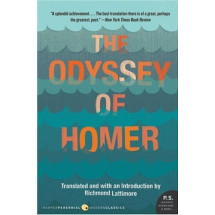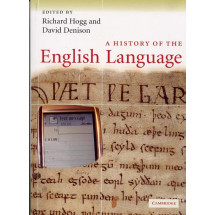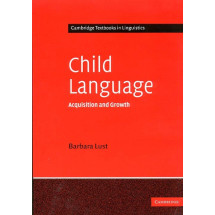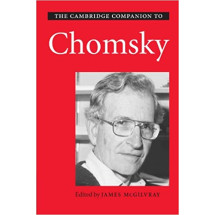In their lively and engaging edition of this sometimes neglected early play, Cox and Rasmussen make a strong claim for it as a remarkable work, revealing a confidence and sureness that very few earlier plays can rival. They show how the young Shakespeare, working closely from his chronicle sources, nevertheless freely shaped his complex material to make it both theatrically effective and poetically innovative. The resulting work creates, in Queen Margaret, one of Shakespeare's strongest female roles and is the source of the popular view of Richard Neville, Earl of Warwick as "kingmaker." Focusing on the history of the play in terms of both performance and criticism, the editors open it to a wide and challenging variety of interpretative and editorial paradigms including moral and feminist criticism. A thorough discussion of the origins and production of the Octavo, the two Quartos, and the First Folio lead into the play itself. A facsimile of the Octavo text, casting charts, notes on the play's battles, and genealogical tables are included as appendices.
John D. Cox is the DuMez Professor of English at Hope College, Michigan. He is the author of Shakespeare and the Dramaturgy of Power and The Devil and the Sacred in English Drama, 1350-1642, and co-editor with David Scott Kastan of A New History of Early English Drama.
Eric Rasmussen is Associate Professor of English at the University of Nevada, Reno. He is joint editor with David Bevington of Doctor Faustus in the Revels Plays series and the World's Classics edition of Christopher Marlowe's plays, author of A Textual Companion to 'Doctor Faustus', and co-editor of the forthcoming Norton Anthology of English Renaissance Drama. He writes the annual review of "Editions and Textual Studies" for Shakespeare Survey.














